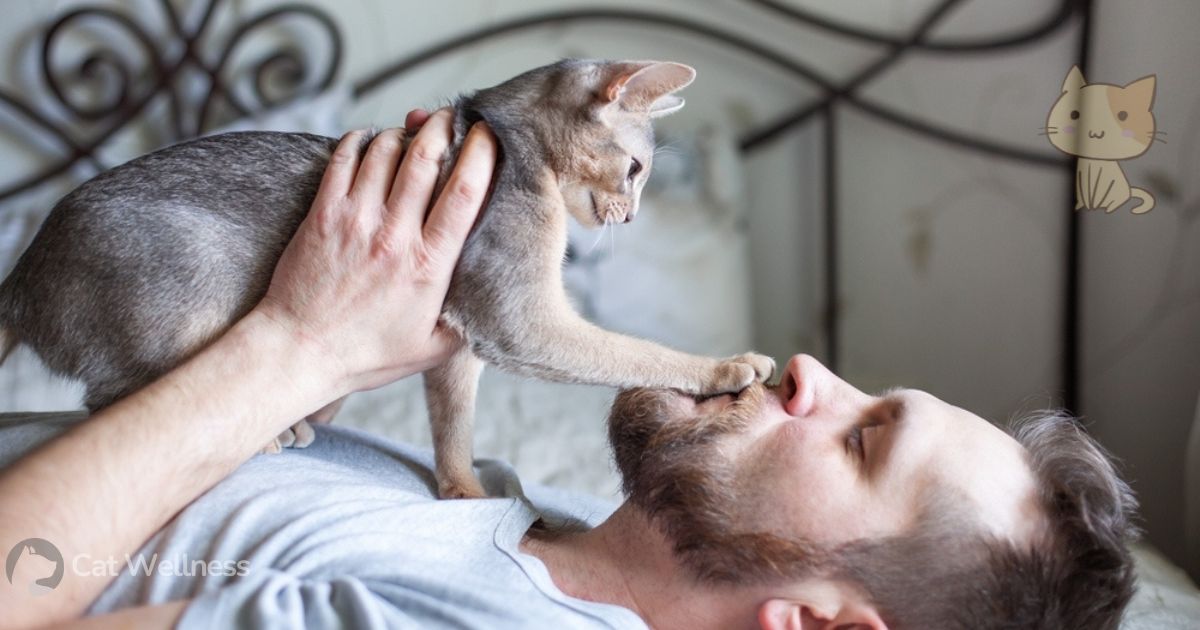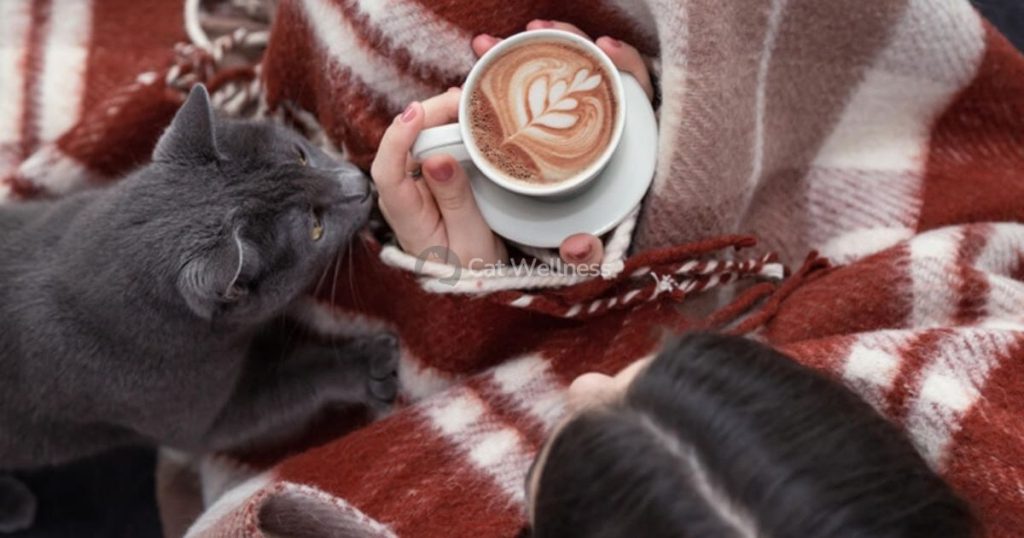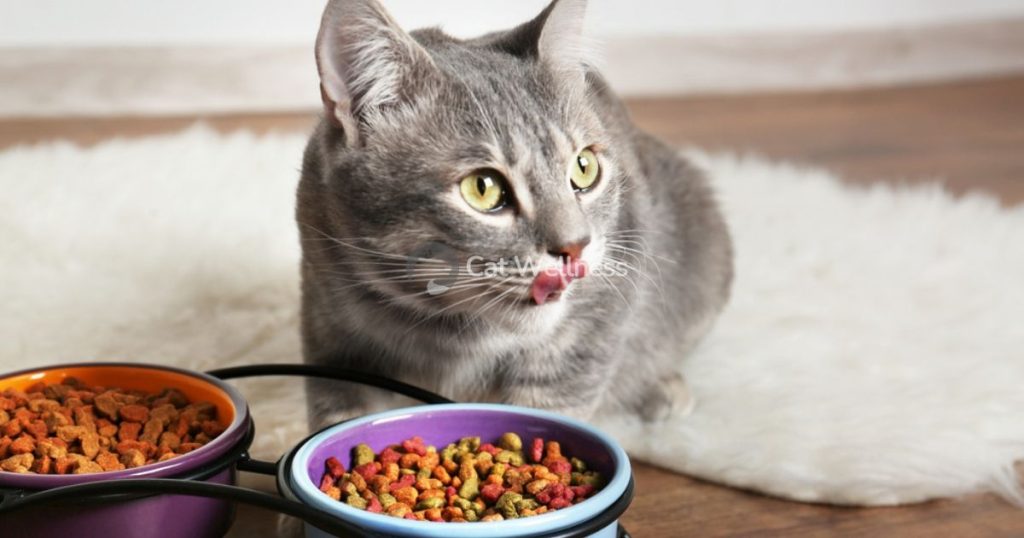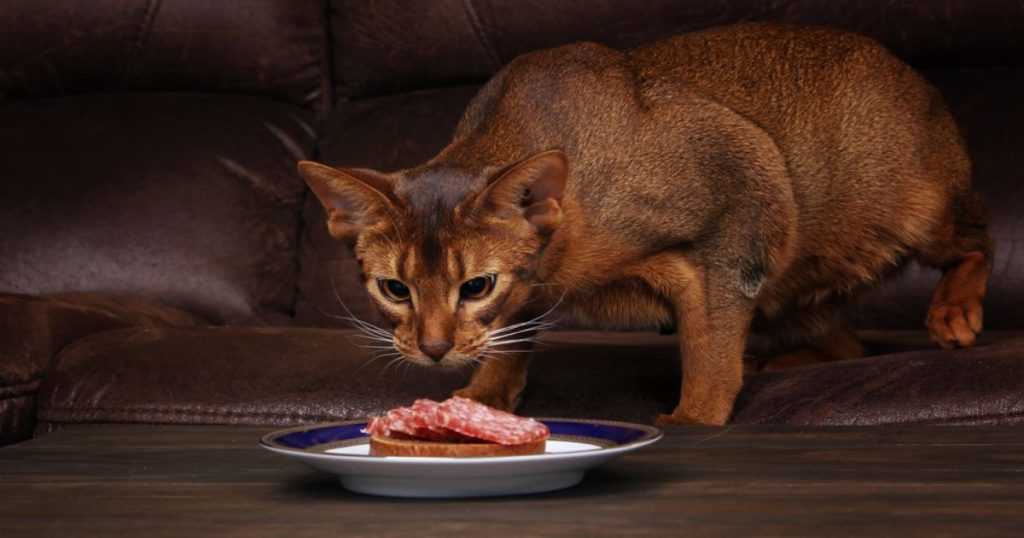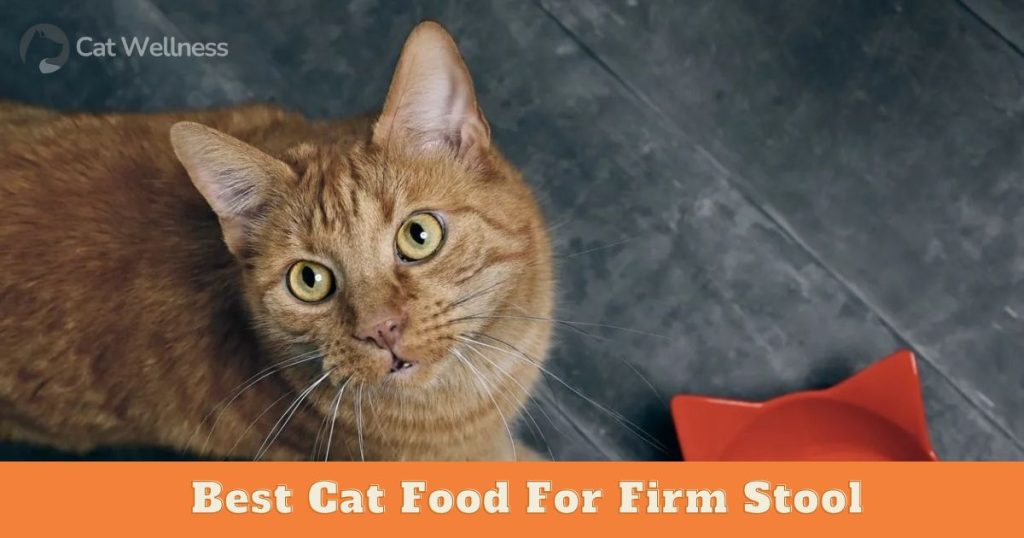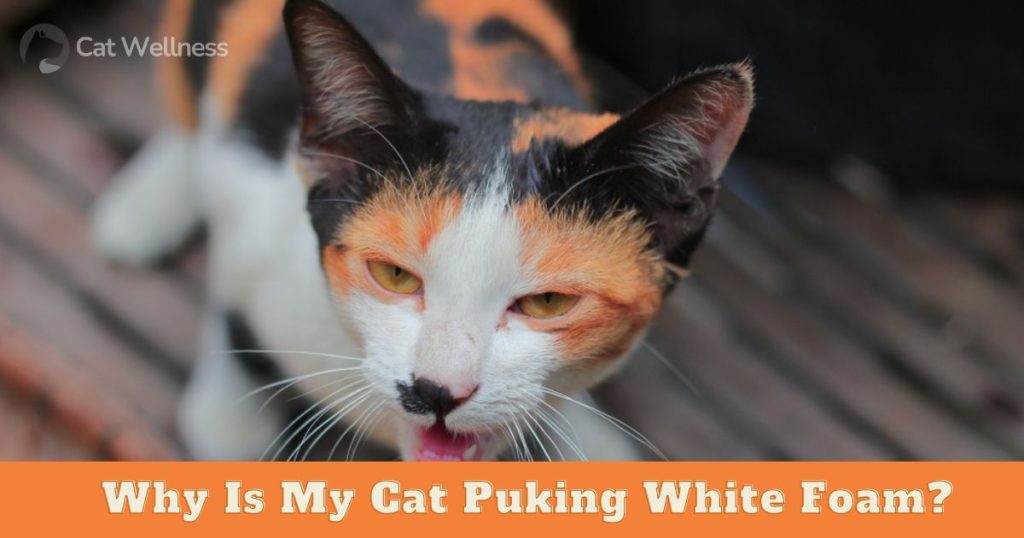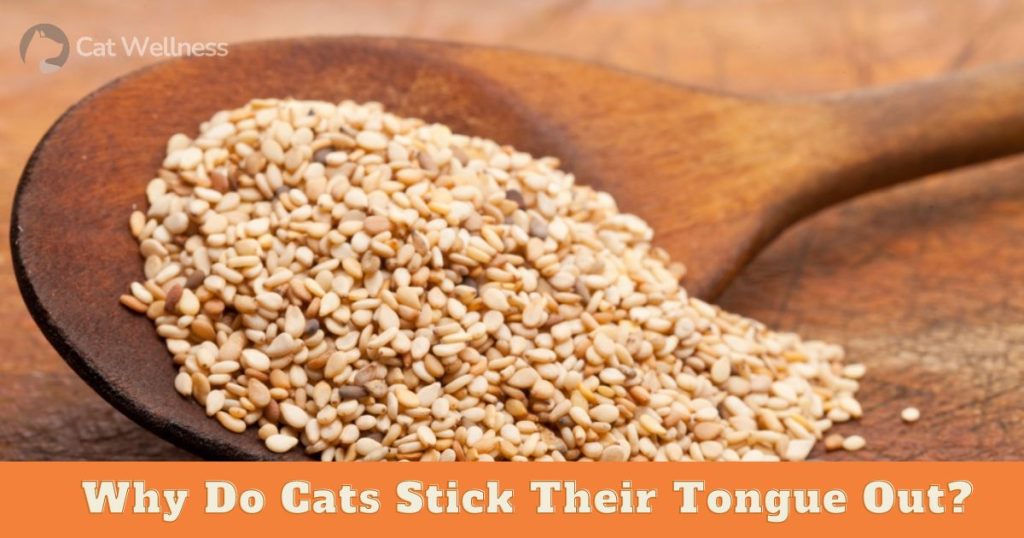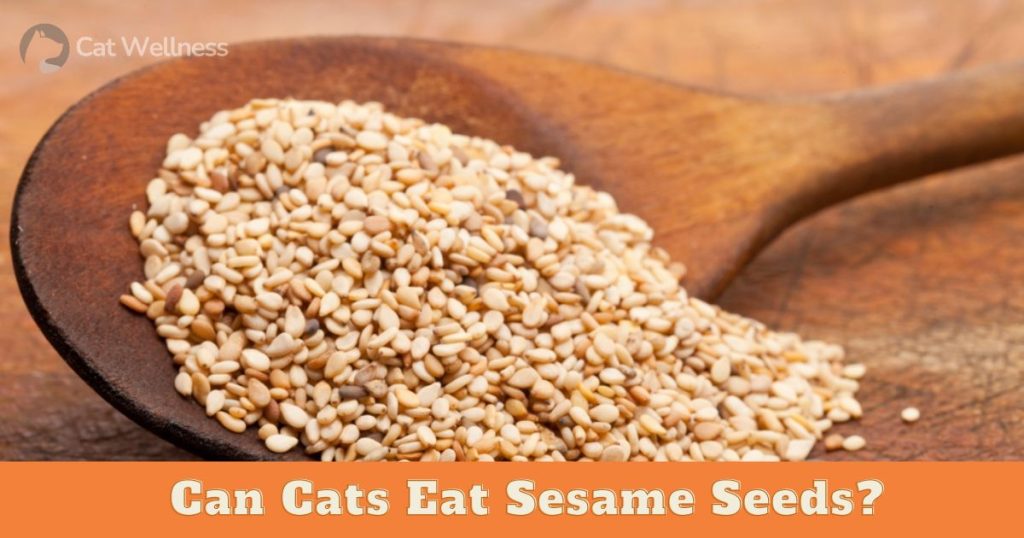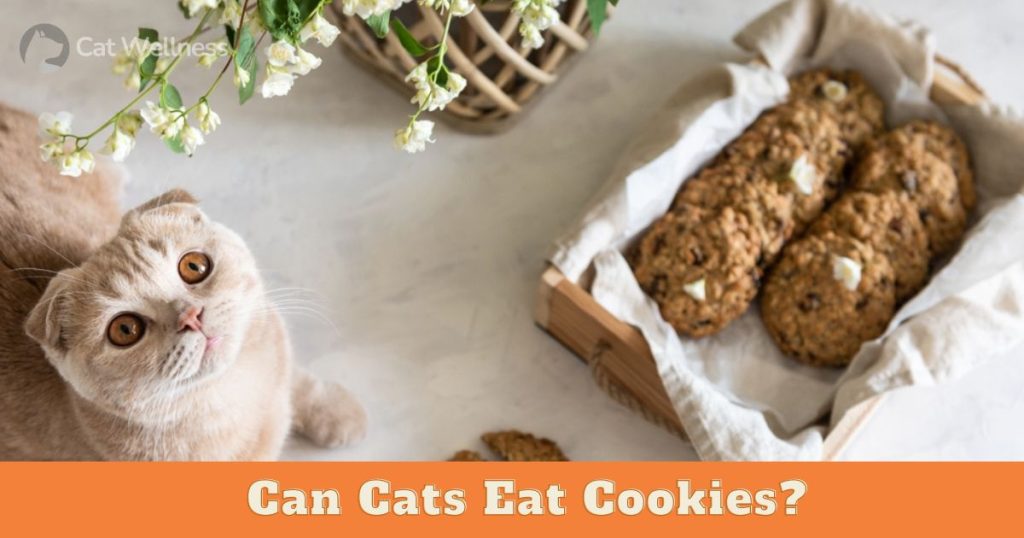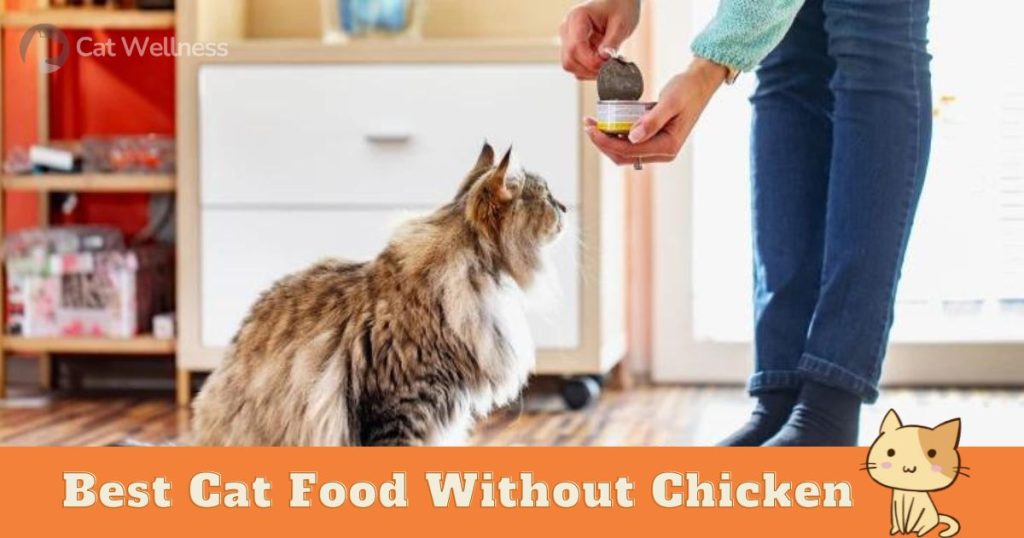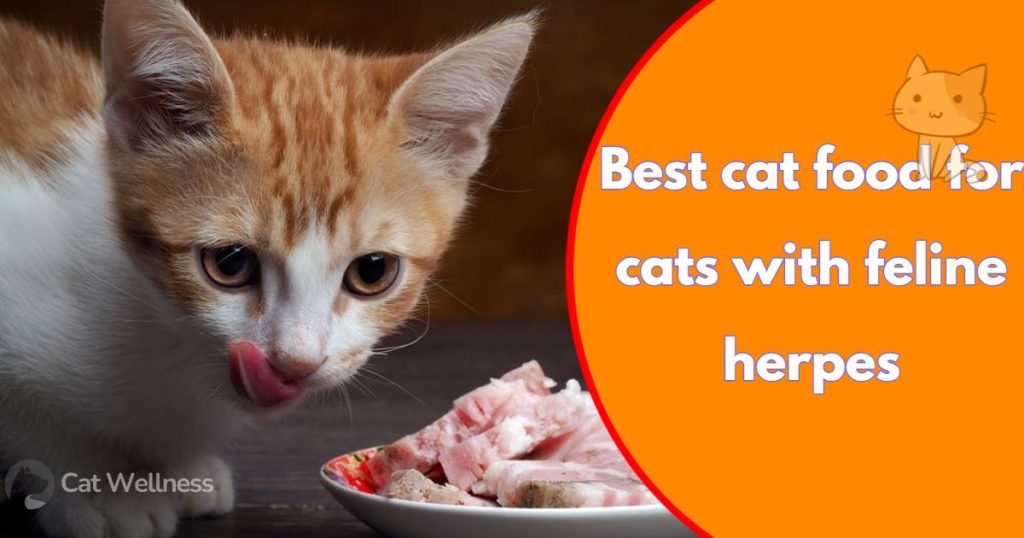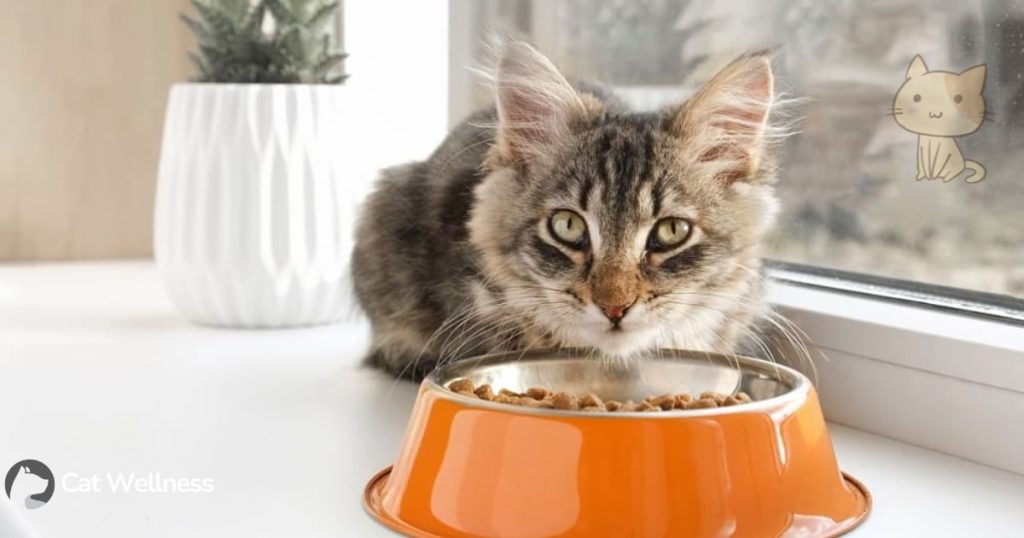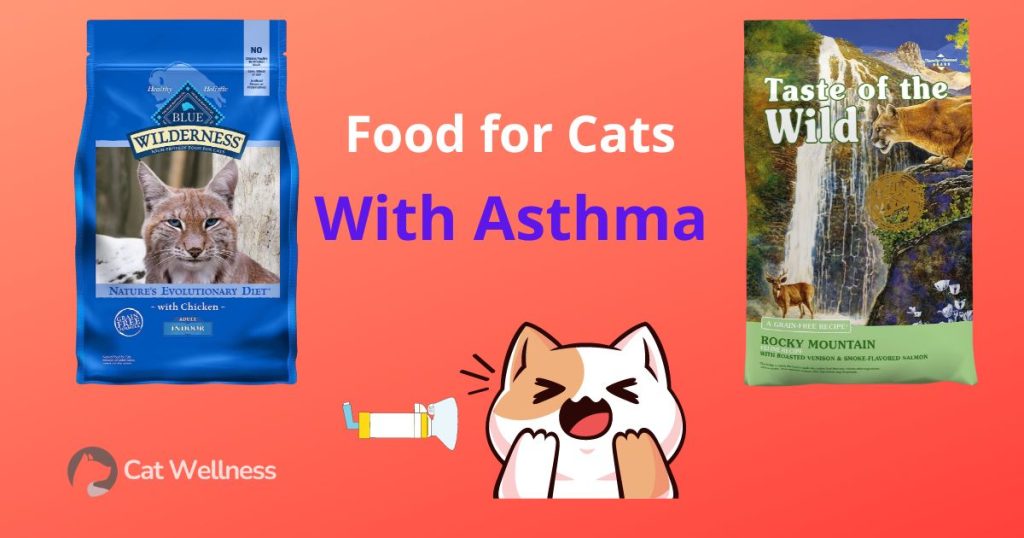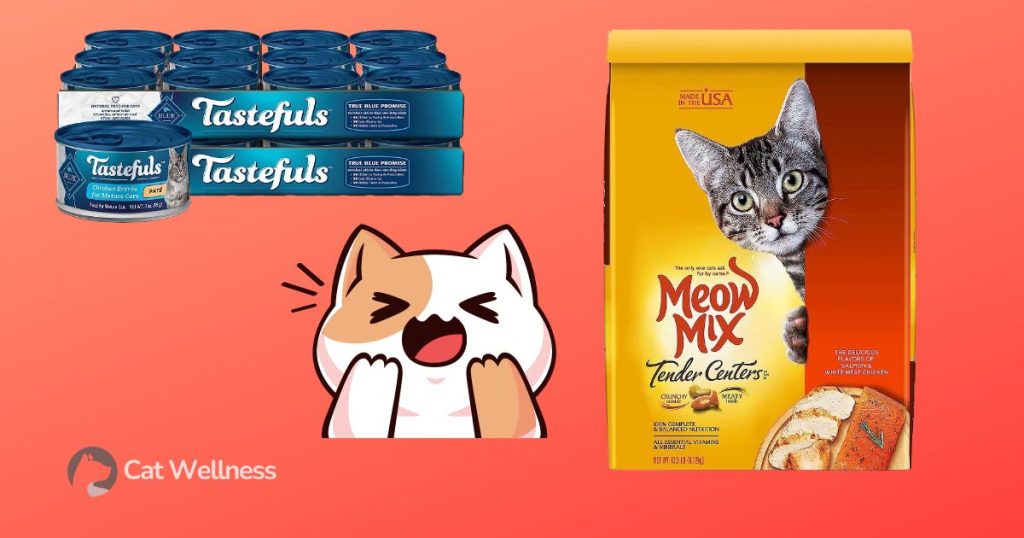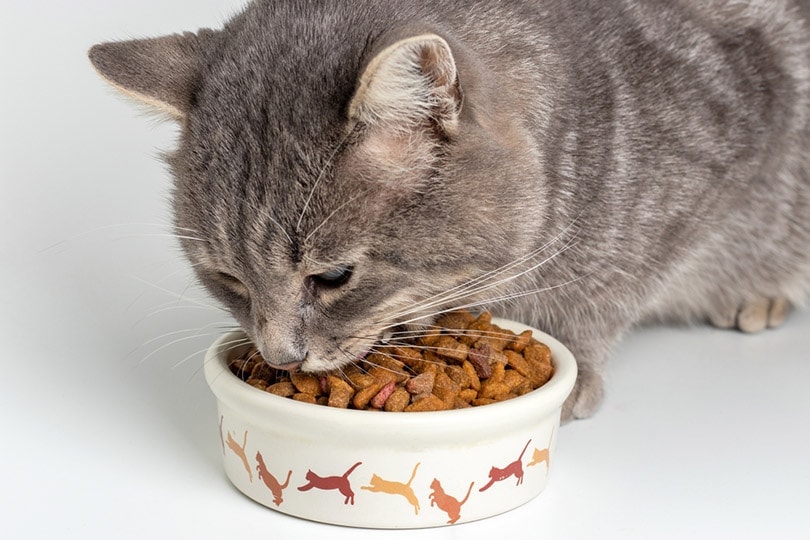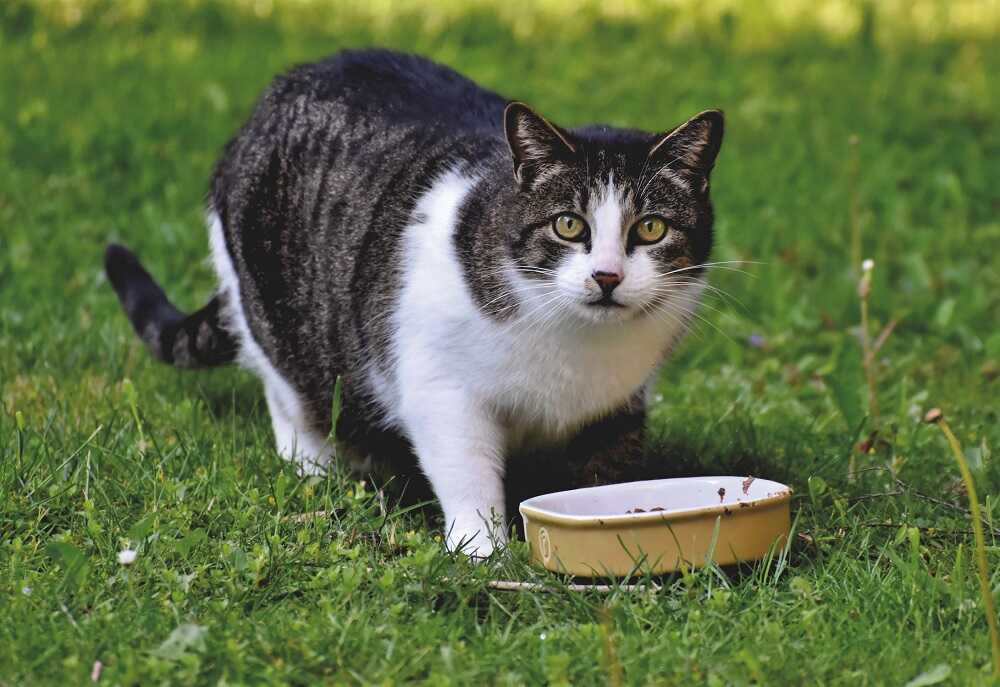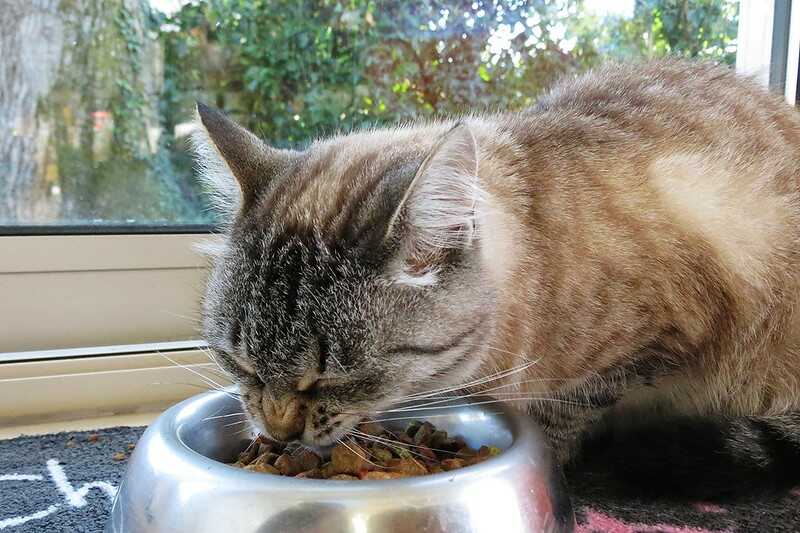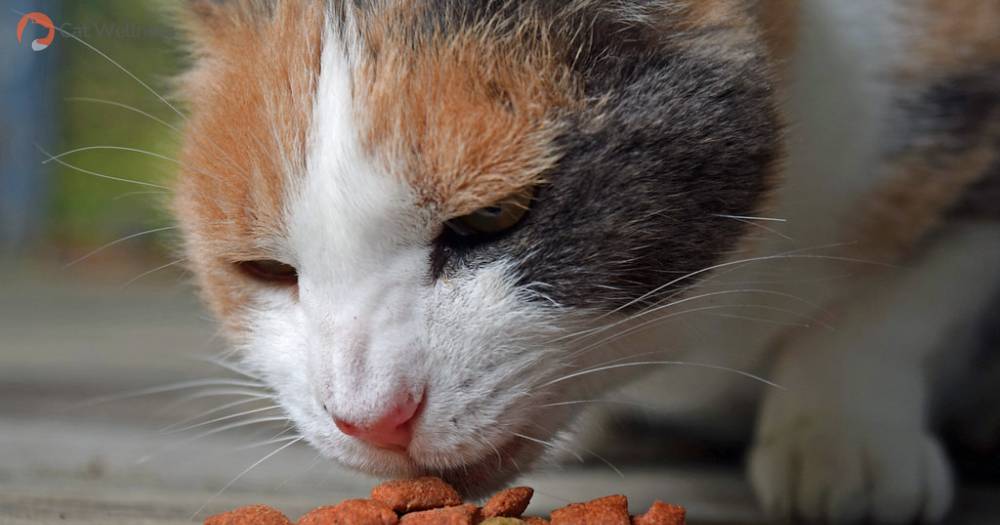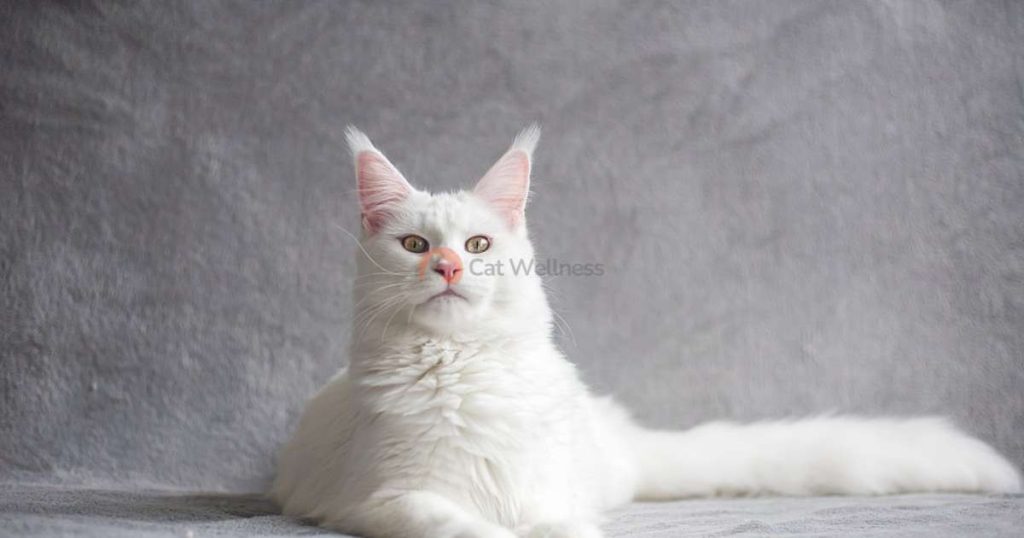As someone who owns a cat, you’ve likely found entertainment in observing your pet’s various tactics to communicate with you.
Unraveling the reasons behind their behaviors can be complex, but interpreting their demeanor is fulfilling. One fascinating behavior involves your cat placing its paw on your mouth, often occurring when you’re embracing or engrossed with your laptop.
Possible explanations for “Why does my cat put his paw on my mouth?” include its preference for you to refrain from touching it, a signal that it doesn’t want to be kissed, or an expression of affection.
The following information provides a comprehensive guide to understand better the message your cat is conveying when it places its paw in your mouth.
Why Does My Cat Put His Paw on My Mouth
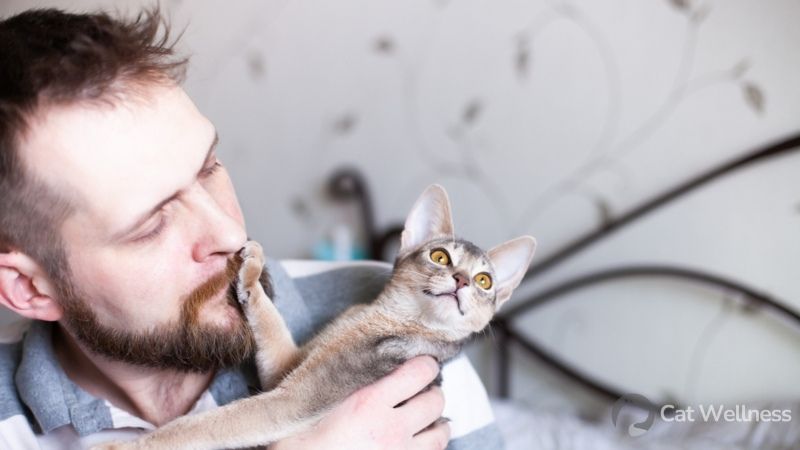
There are numerous potential reasons your cat places its paw on your mouth. Here are some explanations to consider:
My feline desires my focus
One of the fastest ways to get someone’s attention is to touch them.
When a cat wants something, it might meow about it. If that doesn’t work, they might come closer to you, where you can see them, and then meow about it. If that still doesn’t work, they might climb up on you to grab your attention with more insistence.
And, of course, tapping your face with their paw is usually a good way to get your undivided attention, even if it’s an initially negative reaction. Sometimes, your cat will even bite or lick you to get your attention.
Why they want your attention is a whole other story. Are they hungry and want you to feed them? Do they want cuddles or scritches? Do they want to play? That’s up to you to figure out.
I am the property of my feline
When we think of animals and scent marks, we usually think of dogs and their powerful noses. They aren’t the only members of the animal kingdom to rely on their noses, though. Cats do scent marking, too, and they do it in a few different ways.
One way is spraying, and of course, that’s unwanted. It’s the most powerful scent a cat has at their disposal, and it’s used to mark territory more than possessions.
Thankfully, spaying/neutering and training can help prevent a cat from spraying to mark its territory.
Another way is the face rub they do. When your cat walks up to you, puts their face right up in yours, and rubs their cheeks against you, that’s your kitty, marking you with a bit of their scent.
Is there affection from my cat?
Your cat tapping your face with their paw may express love and affection.
This is another common hypothesis about why your precious little fur baby may be tapping your face with their paw. It’s one every cat parent, including myself, hopes will be confirmed someday, though I believe it simply from experience.
They snuggle up to you, tap you, or put a paw gently against a cheek and leave it there. It’s comforting for them to feel your breathing and warmth and share in your space.
The key here is that the touch is soft, and gentle, and keeps the claws sheathed. If they’re prickling you with their claws, they may want something else, or their body language may have another meaning.
You can look for other signs that your cat is completely, utterly head-over-tail in love with you by looking at the rest of their body language.
They’re getting comfort out of your presence and putting their presence right up front and center for you to get the same comfort.
As cute as all the above sounds, and regardless of how much I resist believing this behavior might not be a true manifestation of love, my job here is to be as objective as possible rather than trying to write only about what your heart might want to read like most “cutesy” blogs out there do.
Felines require mental stimulation
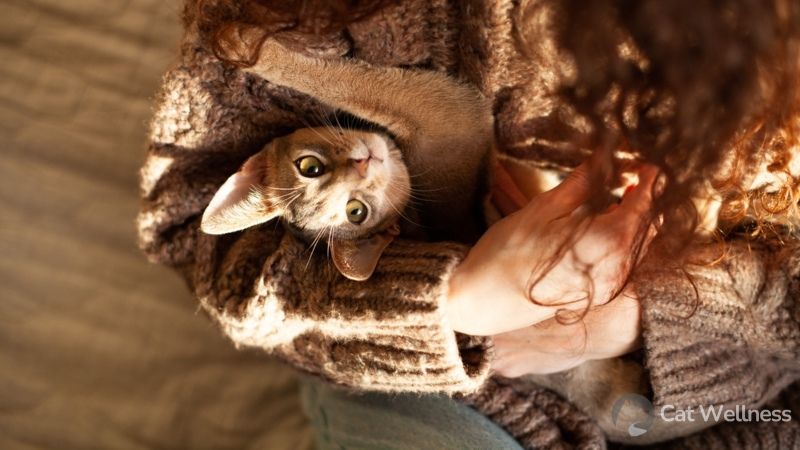
Cats are predators by nature, and part of that nature means they need to satisfy that prey drive by doing a little hunting. Sometimes, it means leaping for the lights and trying to catch a stray moth.
Other times, their only outlet is that dangly little feather you drag around and that only moves when you’re there to move it. So, when they feel a little frisky and want to play, they’ll get your attention.
Unlike other forms of attention-gathering face taps, this one has a different set of body language behind it.
They might lightly swat at you the way they would swat at a flicking tail or a toy. They might bap you a few times or start playing with a stray tuft of hair or a bit of beard.
Sometimes, they might even give you a few playful nibbles, though never enough to hurt you.
Certain felines prefer not to be embraced
According to a cat-behavior study in 2020, while almost every reason your cat might be touching your face with their paws may be interpreted as a sign of attachment to you or, for some reason, they want to get your attention, this one is a little less happy.
If you’re getting up in their space and keep picking them up and nuzzling them when they don’t enjoy or irritate them, rest assured, they’ll get tired of it.
At first, they’ll squirm and protest or try to leave, but if you keep insisting, they’ll put a paw firmly in your face and push you away.
Of course, this is just about your last warning. Once you reach this point, if you keep doing what you’re doing, your fur baby might just use those claws they’ve kept hidden away.
That’s when you remember that little mittens aren’t just cuddly ball of fur; they’re a predator with knives on their toes, and those knives can be pretty dang sharp when they want to be.
Demonstrating Trust
If your cat willingly places its paw near your mouth, it’s a significant gesture. Cats are most vulnerable when they sleep, and this vulnerability extends to moments when they extend their paws toward your mouth.
This behavior signifies that your cat feels safe and at ease with you. Your cat recognizes that you won’t harm it, even in its unconscious state. This behavior is a strong display of trust and a wonderful compliment.
Expressing Affection
Like humans, cats use physical touch to convey affection towards people and other cats. If you’re cuddling with your cat on the couch and it reaches out its paw to touch your mouth, it could be a sign of affection, especially if your cat is purring loudly simultaneously.
Cats that nestle close to you, blink their eyes affectionately and make physical contact show how much they care for you.
Stretching Its Muscles
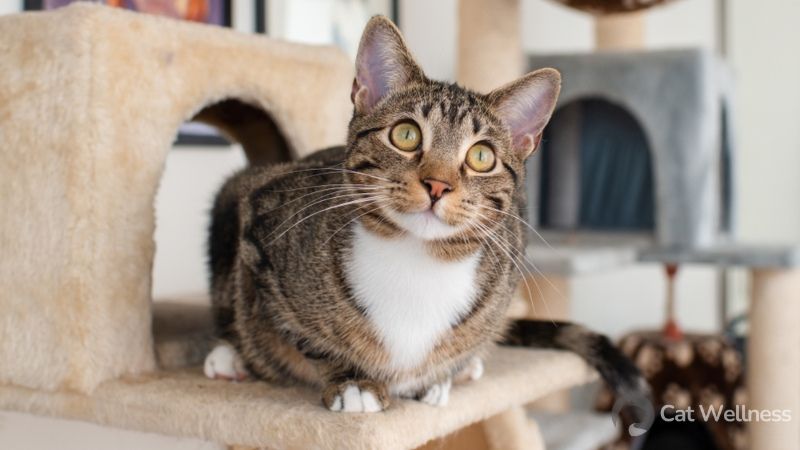
While decoding your cat’s body language will enhance your bond and help you understand the best times to show affection, a cat’s paw in your mouth may be coincidental.
You might be seeking a deeper meaning, but it’s possible that your cat was merely stretching, and its paw accidentally ended up near your mouth.
Some cats might quickly retract their paw after this, while others might find the position comfortable and leave their paw resting there.
FAQs
How do cats pick their favorite person?
Cats often choose their favorite person based on who provides them with consistent care, attention, and positive interactions. Spending quality time petting and feeding them can help strengthen the bond.
Do cats know what a kiss is?
Cats might not understand kisses as humans do, but they can interpret them as a sign of affection if they’re used to physical closeness and gentle touches.
How do I let my cat know I love it?
Show your love to your cat through gentle petting, slow blinking (blinking your eyes slowly at them), providing treats, engaging in interactive play, and creating a comfortable and safe environment.
Conclusion
So, this article answers the question, why does my cat put his paw on my mouth? Regardless of the reason for your cat’s behavior involving your face, one thing holds: they enjoy placing their paws on your face as a display of affection and trust. Your cat wouldn’t engage in this behavior unless it had confidence in you.
Conversely, if it’s a means of seeking safety, paying attention to your cat’s signal is important. Therefore, before preventing a particular behavior, it’s crucial to understand its significance and find ways to meet its needs.
Recommended Reading

